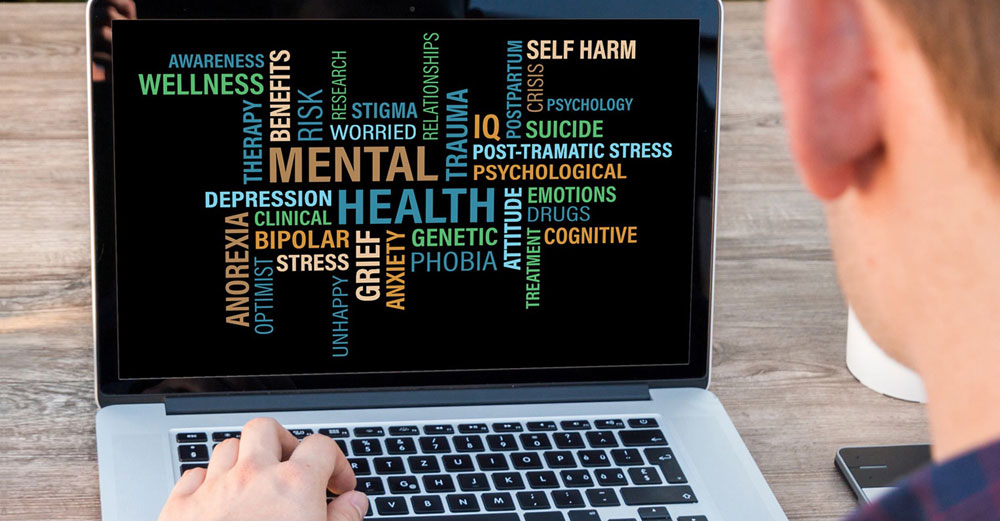
Stress, worry, anxiety… these feelings affect nearly all college students as they work towards completing a degree. We hear about mental health conditions from friends, family and coworkers, and many people are bound to know at least one person affected by these conditions. But it is also a topic that college students rarely talk about with their peers or families for fear of being stigmatized. SUNY is taking action against these issues.
In 2018, The SUNY Office of Academic Health and Hospital Affairs coordinated a mental health telecounseling pilot. The pilot was designed to assist with the increasing amount of students that apply for mental health services in order to reduce the wait time for those seeking service and support. Four campuses participated in this pilot phase: SUNY Oneonta, SUNY Oswego, SUNY Polytechnic Institute and Onondaga Community College, as well as Upstate Medical University who provided physicians, psychologists, and nurse practitioners.
The pilot program was help from January-June 2018, was proven to be successful for college students who were referred to the program by their counselors. The pilot program helped the mental health services on campuses along with students, who may prefer the confidence of their rooms while in a telecounseling session.
With the telecounseling pilot program being a success, support of the program has grown. Now it is gaining momentum and setting up to grow throughout all SUNY campuses. If you would like to learn more about the mental health telecounseling program, read our full feature to discover the details:




I think teleconsultation is the right choice for a student. Perhaps a student is ashamed to go to a personal appointment, but sitting at his laptop, why not.
It can be very scary and anxiety-provoking to reach out for help with your mental health problems. Telehealth, telementalhealth, teletherapy, and telecounseling are all terms used to mean the same thing: getting access to counseling, online, in your own private space. Time and confidentiality are on the top of the student’s priority list, making going to the counseling center lower on the list of things that need to be done. However, your mental health symptoms can have a profound, long-lasting, and negative effects on your studies, family, and social life.
Take that first step, reach out for help with a licensed mental health professional. If no one in your immediate area is available, telecounsleing is the next best thing.
Telehealth is a legitimate alternative to face-to-face counseling. Some students may feel self-conscious about seeking help. Online counseling has the potential to reach a lot more students otherwise might not seek help. In addition, a lot of young people today feel more comfortable with technology, and at least initially might be less anxious about the therapeutic process.
Nice to hear about the telecounseling program. Nowadays everyone faces mental stress such programs proves to a big help to us.
I love what you mentioned about telecounseling and how support of the program has grown. Virtual mental health services, like telecounseling, are great because they offer counseling to those who aren’t able to see a psychiatrist in person. If I knew someone that struggled with a debilitating mental illness, I would help them locate a virtual mental health service in order to ensure that they get the best care.
Good cause! Mental health is super important